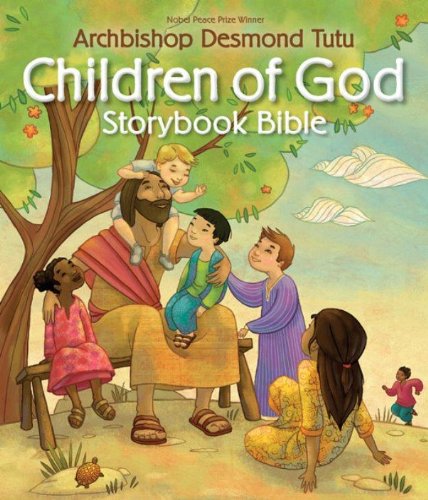Rev. Molly F. James, PhD
Chapel of Our Lord, Episcopal Church Center
Wednesday in Easter Week
May the words of my mouth and the meditations of all our hearts be acceptable in your sight O Lord, our Strength and our Redeemer. Amen.
A meme has been going around Facebook in the last couple of weeks, particularly shared by my fellow clergy women that says, “In the interests of Biblical accuracy all the preaching about the resurrection this Easter Sunday will be done by women.” This makes us smile and laugh. It makes us smile because it is true, and there is some pride for us in it. But behind the laughter is a bit of the struggle in the fact that people need to be reminded that the first people to know about and believe in the resurrection were women. Mary Magdelene is known as the Apostle to the Apostles.
But it didn’t take long for the Church to gloss over that fact and then to spend centuries saying women cannot even speak in Church. Sadly there are still many Christian communities where in the interests of “biblical accuracy” women are still prohibited from preaching or holding leadership positions. Discrimination is real. Still.
Note our readings from today. Acts tells us of the ongoing importance the reality of Jesus’ resurrection held for his followers. John tells us of his appearance to Simon Peter and the other fishermen. It is a story designed to ensure that we believe in the reality of the resurrection. But . . . did you notice? There are no women in it. No doubt they were there. On the periphery, perhaps cooking over the fire, but apparently their presence did not warrant a mention. It is such a timeless tale. The women did the work. They were first. They had the important information to share. And who gets most of the credit? Or sometimes all of the credit? The men.
I am sure many of us can relate to this with stories from our own lives when we have felt invisible or ignored by those in power and authority. But just in case you have forgotten the systemic reality of sexism. Let me remind you of the fact that women in the Obama White House (a place one would think would be a bastion of feminism and progressive values) had to institute a strategy of “amplification” to make sure that there ideas and voices were heard in meetings. As described in the Washington Post, “After one woman offered an idea, if it wasn’t acknowledged, another woman would repeat it and give her colleague credit for suggesting it.”
It has only been five days since Easter, and already our sacred texts have forgotten the women. Let’s not follow suit. For all the intellectual reasons that we know supporting women and girls matters and how it makes life better for everyone. And because there is a profound individual, personal lesson for all of us, male and female, in the Easter story and its women preachers.
Let’s start with Jesus. He is Jesus. Fully God and fully human. So he could have appeared to anyone anywhere on Easter morning. He didn’t. He appeared to Mary Magdelene and the other women. The women who had come to care for his body. In the Ancient Near East caring for the dead was all women’s work, because it was unclean. Birth and death were the realm of women because they were messy. And that is where Jesus showed up. Just like at his birth, God showed up right in the middle of the messiness of real life. Jesus showed up in a way that honored and empowered the women in their work. He sought them ought and gave them a message, perhaps one of the most important messages ever, to share with the world.
Jesus did not appear first to his 11 disciples. He did not go see all the guys. He chose the women. He chose those on the margins of society whose voices often went unheard. They are not the ones that society or the rules of the day would have elected to be important messengers. And that is probably precisely why Jesus chose them. Jesus was not interested in upholding the status quo. He was interested in transformation.
And this matters for each of us. In two important ways. First off, no doubt there are days when we are pretty sure that we are not worthy of the responsibility we have been given. Days when we feel like we are on the margins struggling to be noticed. On those days let us remember that Jesus is with us. We are worthy. We are beloved of God. We belong to God, and just as Jesus chose the women to bear his good news to the world, so to have we been chosen to be evangelists (literally bringers of good news) to the world as well.
Second, there is an invitation to follow in Jesus’ footsteps. To be someone who empowers and amplifies the voices of those who have been ignored. How might we be a force for transformation? How might we amplify each other’s voices in a world that often clings to a mythical idea of the past or fears change? How might we join with Jesus in helping people to hear and believe in the reality of resurrection?
Just like in the Easter stories, the world needs the message those women had to share. Our headlines are far too full of violence, hatred, and division. The reality of the resurrection. The overwhelming power of God’s redeeming love is real. May we have the courage to proclaim that truth with our words and our lives.
AMEN.



